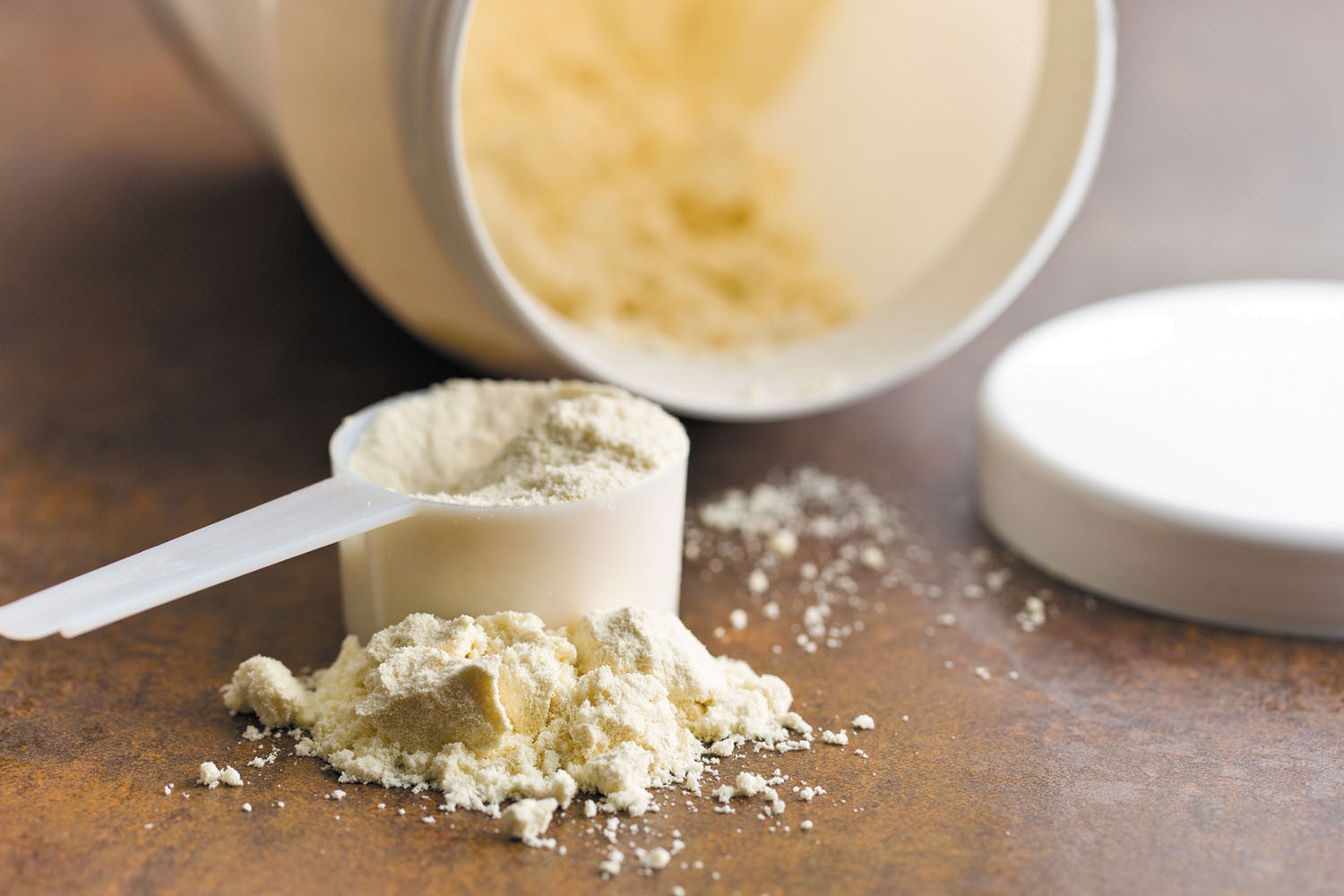
Why Are Supplements So Costly?
If you’ve ever tried getting into the world of supplements, you’ve (hopefully) compared various brands to find the best supplements for you, striking the ideal balance between affordability and safety. Some of the most commonly used supplements include protein powders or biotin, and while there are all sorts of brands with all sorts of supplements for different uses, there seems to be one common factor sprinkled over all products in the nutraceutical market: nothing comes cheap.
If it’s meant to help you, why isn’t it affordable?
You’re right. Consumers from all sorts of economic strata need to be able to access basic healthcare. But the problem here comes from the manufacturing process itself. There are various phases of production where a brand is liable to incur heavy costs if it wants to ensure that the final product is of good quality. There are cheap products – but they’re probably not good for your body. (Un-subtle plug: you can read this blog on how to find safe supplements)
Producing a supplement that is clean, safe, effective, and free of fillers, additives, or preservatives requires higher production costs. To equalize the investment put into making the product, brands need to earn that much back, just to survive. To grow and improve as a company or brand, they need to earn more than they spend. At least, this is the case with independent local brands and start-ups that are just entering the market.
If big tycoons were to start making supplements, they’d have enough to invest in production to make more units and charge less. More units means more sales at lower prices, without negatively affecting total profits.
But you can only compromise on price to a certain degree before you start having to compromise on safety and efficacy to do it.
Safety is Pricey
To make the product safe to consume, brands need to consider and invest in multiple different parameters at various stages of production. These include:
- Expensive Ingredients: The first major component of a supplement is the nutrient itself. Minerals and other nutrients naturally occur in various forms, but not all of them are ideal for the body from a nutrition point of view. Sourcing safe and natural ingredients is costly. Nutrients could, for example, be extracted from fruit and other natural sources, or they could be synthetically produced.
-
Bioavailable Nutrients: Bioavailability refers to how easy it is for the body to absorb something. If something is bioavailable, it means it is easily absorbable. If it’s not bioavailable, there isn’t much point in consuming it, because your body is not getting the full benefits of it. For example, Quercetin phytosome is more absorbable than regular quercetin. Magnesium bisglycinate is more absorbable than magnesium oxide. Glutathione, too, can be found in various forms, but liposomal glutathione is ideal for the body because of its superior absorbability. In order to produce the most bioavailable supplements, brands need to get in touch with vendors and manufacturers who can make this form. Vendor charges vary, and are generally high for better quality.
-
Supplement Form: The form or type of the supplement also impacts its absorbability, such as whether it is a capsule, a powder, or liquid. Sourcing easily absorbable supplements is not cheap. The higher the absorbability, the costlier it will be. Tablets are cheap and highly compressed, but the body has relative difficulty in breaking it down and absorbing everything. In order of increasing absorbability, we would rank them as tablets → capsules → powders → liquids → lozenges and sprays → liposomal extracts.
Liposomal extracts allow the supplement to surpass the harsh stomach acid and achieve delayed release, which can be very beneficial in some cases. They are also the most expensive to make, and therefore cost more as a product.
-
Additives, fillers, and preservatives: It’s a simple equation.
More fillers = Less Nutrients Per Unit = More Production = Lower Total Cost. Cheap fillers like Talc, Silicon Dioxide, or Silica are abundant in the market. Manufacturers would incur higher costs if they used pure nutrients per unit of supplement, and so try to reduce the total cost by adding cheaper fillers.
Certain additives are necessary for emulsification or improved absorption, but generally, the number of extra ingredients besides the main nutrient should not cross 4. Good supplements minimize additives and fillers, and instead, add more nutrients or additional nutrients like glycine if required. This will cost more than it would to use fillers, so the overall cost of the product increases. Safe additives would depend on the supplement in question, for example, Krill Oil supplements could include Vitamin E as a preservative, and it would still be safe for the consumer.
- Testing and Quality Checking: Good, clean, and safe supplements have multiple certifications from different authorities to ensure that the final product will not harm the consumer. But investing in third-party labs, heavy metal testing, batch testing, etc., takes a lot of investment from the producer’s side. Reliable and trustworthy companies try to keep the production process as transparent as possible and ensure proper quality assurance for the consumer’s safety, with legitimate certifications and licenses that are producible as per requirement.
A Necessary Compromise
Healthcare is a basic need for all people, which is why healthcare products need to be safe for all people. When it comes to products that are put inside our bodies, it is of the utmost importance to ensure that they will provide benefits and not harmful, toxic side effects. You end up paying a little extra from your wallet – not with your health.
Companies, especially start-ups and Indie brands, need to make considerable investments for the sake of product safety. At the end of it all, you are actually paying for supplements that will aid your body, enhance your health, boost immunity, and if consumed as instructed, will not harm you. When viewed this way – it would seem the price is right!


2 comments
Health is paramount so no bargaining.
Having said this consumer is at the mercy of the producer and which producer will say my product is inferior.I have faith in Mugdha so I believe her products are safe.
May her fellow workers maintain the integrity.
Indu Sethi
Health is paramount so no bargaining.
Having said this consumer is at the mercy of the producer and which producer will say my product is inferior.I have faith in Mugdha so I believe her products are safe.
May her fellow workers maintain the integrity.
Indu Sethi
Leave a comment
This site is protected by hCaptcha and the hCaptcha Privacy Policy and Terms of Service apply.